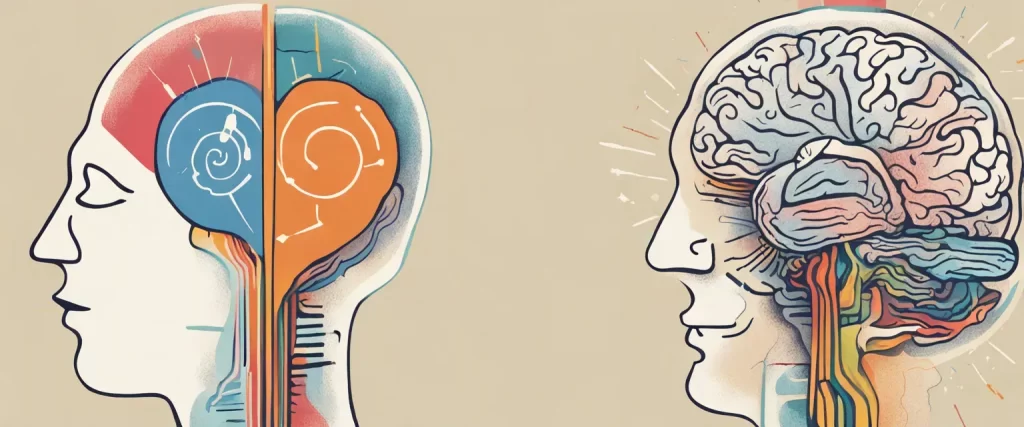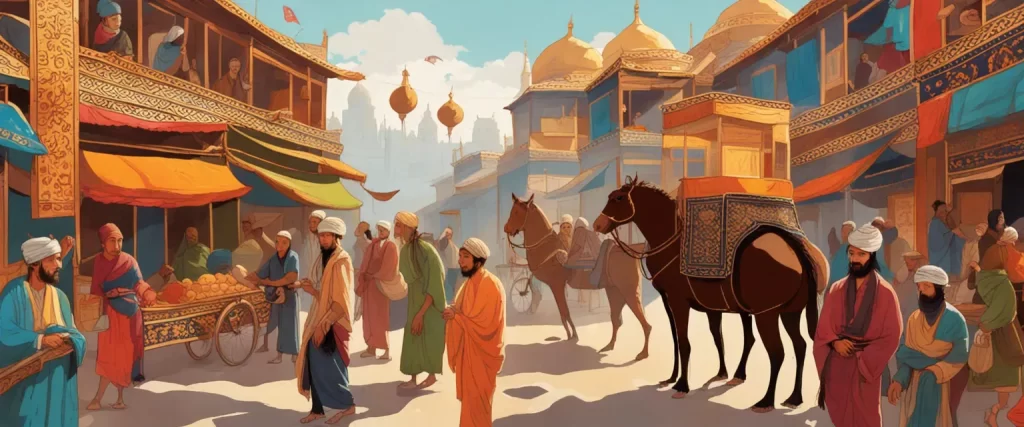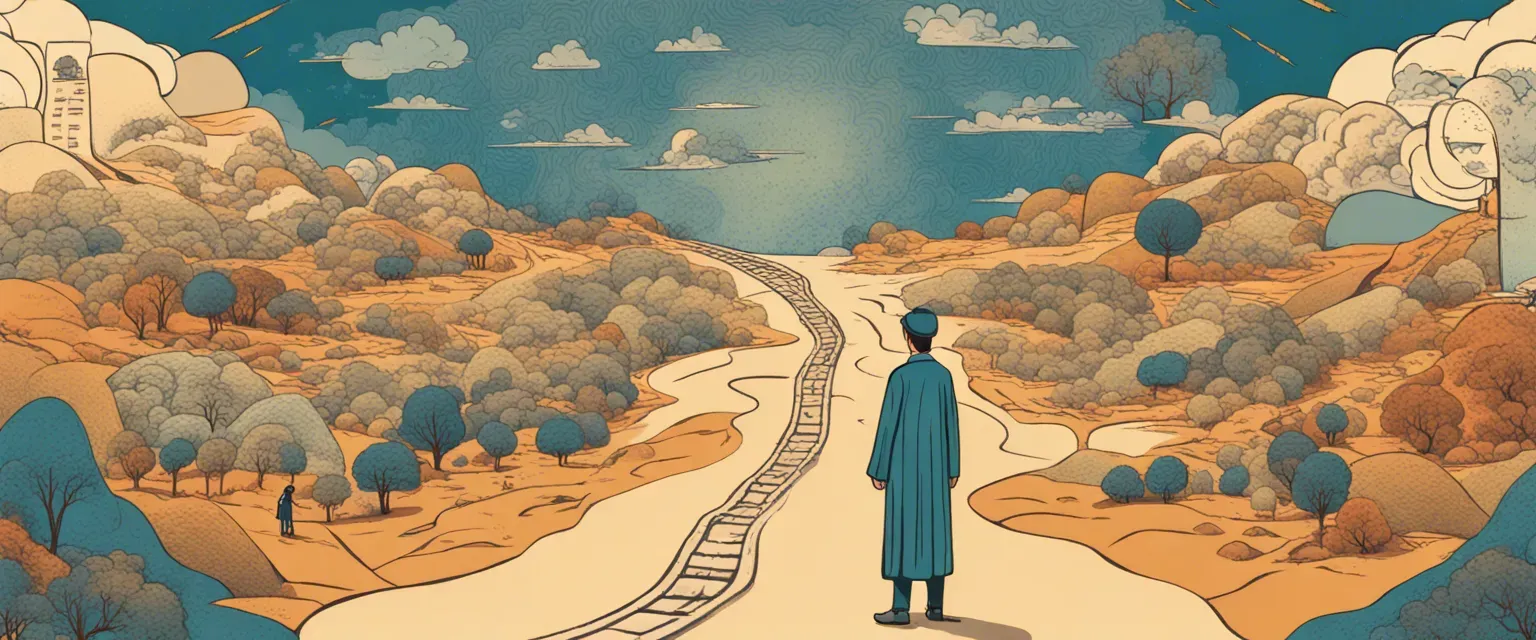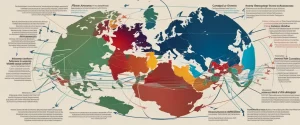——The Silk Roads by Peter Frankopan & Humankind by Rutger Bregman
In the vast expanse of human history, countless books have been written, each offering a unique perspective on the triumphs and tribulations of our species. Two such works, “The Silk Roads” by Peter Frankopan and “Humankind” by Rutger Bregman, captivate readers with their thought-provoking insights into the intricacies of human civilization, albeit from distinct angles of focus. These books, while divergent in their subject matter and approach, offer complementary narratives that shed light on the ever-evolving nature of humanity. As we embark on a comparative exploration of their ideas, we aim to uncover the patterns, discordances, and commonalities that exist within the stories told by these acclaimed authors.
At first glance, Frankopan’s “The Silk Roads” appears to be a comprehensive historical account, tracing the vast network of trade routes that connected East and West over thousands of years. By presenting a new perspective, the author challenges the Eurocentric lens through which the world’s history is often viewed, emphasizing the critical role played by Central Asia and the Middle East in shaping the narrative of human progress. In delving into the complex web of interactions that occurred along these routes, Frankopan offers a panoramic view of the highways of ideas, culture, religion, and most importantly, power, that shaped the destinies of empires and civilizations.
On the other hand, Bregman’s “Humankind” veers away from conventional historical analysis by putting forth a bold and provocative thesis: humans are fundamentally kind, compassionate, and cooperative beings. Departing from centuries of pessimistic assumptions about human nature, Bregman skillfully weaves together a wealth of scientific research, historical anecdotes, and philosophical insights, painting a nuanced portrait of humanity’s capacity for goodness. Rejecting the notion that we are inherently selfish or driven by self-interest, Bregman invites us to reconsider our fundamental assumptions and challenges us to embrace the malleability of human behavior.
Despite their differing approaches, both Frankopan and Bregman explore grand narratives of human history while pushing the boundaries of traditional scholarship. Through their respective works, they illuminate the multifaceted nature of our species, leaving no stone unturned in their quest to unlock the secrets of our collective past. Their books not only provide a rich tapestry of stories but also address pressing questions about our future, urging us to confront the challenges and opportunities that lie ahead.
As we venture deeper into the pages of “The Silk Roads” and “Humankind,” we beckon readers to embark on this comparative journey, striving to discover intersecting themes, contrasting perspectives, and the potential synergies between these illuminating narratives. By engaging with the brilliantly crafted arguments of Frankopan and Bregman, we aim to enrich our understanding of our shared human experience and dare to imagine a future shaped by the lessons learned from history.
Brief Summary of Two Books
The Silk Roads by Peter Frankopan
The Silk Roads” by Peter Frankopan is a historical non-fiction book that presents a new perspective on world history by focusing on the ancient trade routes known as the Silk Roads. Rather than following the traditional Eurocentric approach, the book examines the interconnections between civilizations across Asia, Africa, and Europe during different eras.
Frankopan argues that the Silk Roads were not merely trade routes but also conduits of ideas, culture, religion, and power. He traces the development of these routes from the ancient Persian Empire to the rise of the Roman Empire, the Islamic Golden Age, and the Mongol Empire. Moreover, he sheds light on how these interconnected routes played a crucial role in shaping world history, such as facilitating the spread of the Black Death and the rise of the Ottoman Empire.
The author also emphasizes the importance of Central Asia, exploring its historical significance and its role as a bridge between East and West. He discusses the impact of various events like the rise of Islam, the conquests of Genghis Khan, the Crusades, and the exploration of the New World on the Silk Roads and the regions it traversed.
Throughout the book, Frankopan highlights the complex interactions between different civilizations, including the exchange of ideas, technology, and luxury goods such as silk, spices, and precious metals. He also reveals the political and economic motivations that drove the different empires to control and expand their influence along these trade routes.
Overall, “The Silk Roads” provides a comprehensive and alternative perspective on world history, emphasizing the vital role played by the Silk Roads in shaping civilizations and facilitating global interactions. It challenges the notion that the Western civilization was the sole determinant of progress, shedding light on the interconnectedness and contributions of many different cultures and regions throughout time.
Humankind by Rutger Bregman
“Humankind” by Rutger Bregman is a thought-provoking book that challenges the traditional view that humans are inherently selfish and out for themselves. Bregman argues that humans have evolved to be fundamentally good and cooperative, backed by psychological, anthropological, and historical evidence.
Bregman delves into various experiments and studies that debunk the popular belief in “human nature” as inherently selfish. He explores the real-life events, such as the infamous Lord of the Flies case, where a group of boys stranded on an island formed a cooperative society instead of descending into chaos and violence.
The author also highlights the concept of the “veneer theory,” which suggests that civilization acts as a thin layer that suppresses our natural goodness. Bregman presents an alternative perspective, suggesting that it is not the thin veneer that masks our true selves, but rather the darker aspects of humanity that are anomalies.
Using a wide range of examples, from the surprising behavior of soldiers during wartime to the kindness displayed during natural disasters, Bregman demonstrates that empathy, compassion, and altruism are deeply ingrained in our DNA. He argues that these traits form the basis for our societies to function and progress.
Moreover, Bregman believes that a shift in our mindset, from assuming the worst in others to assuming the best, can lead to positive societal changes. He emphasizes the importance of trust, freedom, and equality as key elements in creating a truly cooperative and humane society.
In summary, “Humankind” presents a refreshing and hopeful perspective on human nature, challenging long-held notions of selfishness and inherent evil. It encourages readers to embrace our natural inclination towards goodness and to foster a more compassionate and cooperative world.
Comparison between Two Books

Similarities in World History
In both “The Silk Roads” by Peter Frankopan and “Humankind” by Rutger Bregman, there are several key similarities regarding world history. These similarities include:
1. Global Connections: Both books explore the notion of interconnectedness and global connections throughout history. “The Silk Roads” focuses on the physical trade routes that connected different regions and civilizations, while “Humankind” delves into the social and cultural exchanges among diverse human societies. Both books emphasize how these connections shaped world history and contributed to the development of civilizations.
2. Human Agency: Both authors highlight the role of individual and collective human agency in shaping world history. Frankopan and Bregman argue against deterministic interpretations of history and instead emphasize the impact of human decisions and actions. They demonstrate how the choices made by individuals and societies have influenced the course of history and the development of civilizations.
3. Revisionist Perspectives: Both books offer revisionist perspectives on historical events and interpretations. Frankopan challenges the Eurocentric view of history, by placing the importance of Central Asia and the Silk Roads in global affairs. Bregman challenges the commonly held belief that humans are inherently selfish, suggesting that cooperation and compassion have been pivotal forces throughout history. By questioning conventional wisdom, both authors provide fresh insights into the understanding of world history.
4. Emphasis on Context: Both authors emphasize the importance of understanding historical events within their wider geopolitical, social, and cultural contexts. Frankopan and Bregman contextualize historical phenomena within the broader framework of global affairs, showing how geopolitical shifts, cultural exchanges, and societal factors influenced the course of history. They argue that a holistic understanding of historical events is essential for comprehending their significance.
5. Impact of Trade and Connectivity: Both books acknowledge the significant role played by trade and connectivity in shaping world history. Frankopan’s “The Silk Roads” explicitly focuses on the importance of trade routes, while Bregman recognizes the transformative impact of trade, exchange, and cultural diffusion on the development of civilizations. Both authors discuss the economic, social, and cultural consequences of increased connectivity and exchange between different regions and civilizations.
Overall, “The Silk Roads” and “Humankind” share several similarities in their approach to world history. They both emphasize global connections, human agency, revisionist perspectives, the importance of context, and the impact of trade and connectivity. These commonalities enable readers to develop a more nuanced understanding of the complex tapestry of world history.
Divergences in World History
The Silk Roads by Peter Frankopan and Humankind by Rutger Bregman are both highly acclaimed books that delve into different aspects of world history. While they share the common goal of providing a fresh perspective on historical events, there are notable divergences in their approach, content, and overall argument.
Firstly, The Silk Roads primarily focuses on the economic and geopolitical connections created along the ancient trade routes, spanning from China to Europe and encompassing vast regions in between. Peter Frankopan argues that these connections have played a central role in shaping the course of world history. In contrast, Humankind takes a broader perspective, exploring the collective capacity for cooperation in human societies and challenging the widely held notion of inherent human selfishness. Rutger Bregman’s book emphasizes the significance of empathy, trust, and cooperation in shaping historical events.
Another divergence lies in the timeframes covered in the two books. The Silk Roads traverses thousands of years, examining diverse cultures and civilizations that interacted along these trade routes over the centuries. It offers a nuanced understanding of the rise and fall of empires, the exchange of knowledge and ideas, as well as the interplay of religions, commerce, and power. On the other hand, Humankind takes a more contemporary focus, concentrating on the last few centuries and using specific historical examples to support its argument. Bregman’s book draws heavily on events such as the Blitz in London during World War II and the controversial story of the mutiny aboard the British ship, the Bounty.
Furthermore, the emphasis on sources differs between the two books. The Silk Roads relies heavily on primary and secondary sources, including archaeological findings, historical records, and academic research. Frankopan’s approach is grounded in meticulous research and analysis, providing a comprehensive picture of the historical developments along the Silk Roads. In contrast, Humankind takes a more speculative and thought-provoking approach, utilizing psychological and anthropological studies to support its central argument. Bregman incorporates various case studies and examples that challenge conventional historical narratives, ultimately aiming to inspire readers to reconsider their assumptions about human nature and its implications for history.
In summary, The Silk Roads by Peter Frankopan and Humankind by Rutger Bregman offer distinct approaches to understanding world history. While The Silk Roads emphasizes the economic and geopolitical connections along ancient trade routes, Humankind explores human cooperation as a driving force in historical events. The Silk Roads spans a vast time period and relies on extensive research, while Humankind offers a more contemporary perspective and encourages readers to question widely accepted beliefs. Both books provide valuable insights, but their divergent focuses and methodologies make for distinct reading experiences.

Conclusion
1. “The Silk Roads” by Peter Frankopan: This book offers a new perspective on world history, focusing on the significance of the Silk Roads as the economic and cultural arteries of the world. It explores the interconnectedness of different civilizations and how the exchange of goods and ideas shaped our modern world.
2. “Humankind” by Rutger Bregman: This book challenges the idea that humans are inherently selfish and argues for a more optimistic view of humanity. Bregman presents evidence from history, psychology, and sociology to support the idea that people are generally good-natured and cooperative. He aims to inspire readers to envision a better society built on trust and collaboration.
Both books have their own merits and cover different aspects of history and human nature. It ultimately depends on your personal interest and preference. If you are intrigued by global history and the influence of trade routes, “The Silk Roads” might be more suitable. On the other hand, if you are interested in exploring human nature and our potential for cooperation, “Humankind” could be a better choice.



